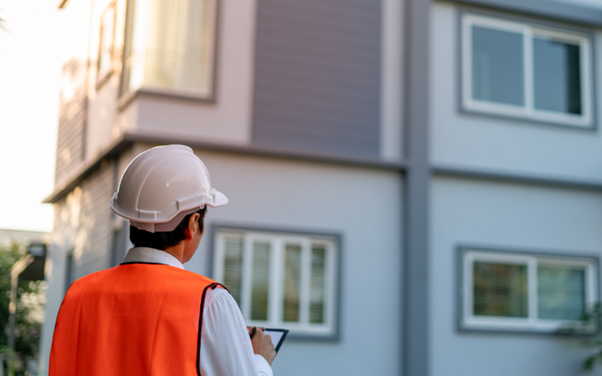Property valuation is crucial in the real estate industry, affecting transactions, investments, and market dynamics. In Singapore, where the property market is dynamic and competitive, the process of property valuation carries significant weight. However, the intricacies of how valuations are conducted are often overlooked by the general public. Understanding what happens behind the scenes can shed light on the complexities involved and underscore why accurate valuation reporting and property valuation matter. This article takes you behind the scenes of property valuation in Singapore, revealing the critical steps involved and explaining their importance.
The Initial Site Inspection: Laying the Foundation for Accuracy
The property valuation process begins with a detailed site inspection. This step is more than just a routine visit; it is the foundation of the entire real estate appraisal. During the inspection, the valuer assesses the property’s physical attributes, such as its size, condition, layout, and any unique features that may affect its value. Additionally, the location of the property, including its proximity to amenities, transport links, and its neighbourhood profile, is carefully considered.
Market Analysis: Understanding the Bigger Picture
Once the site inspection is complete, the next step involves a comprehensive market analysis. This aspect of property valuation services in Singapore requires the valuer to examine recent sales data, trends, and comparable properties. The goal is to understand the market dynamics that influence property values. By analysing recent transactions of similar properties, valuers can identify patterns that help in determining the current market value of the property being assessed.
Application of Valuation Methods: Choosing the Right Approach
Property valuation in Singapore involves the application of various valuation methods, depending on the type and purpose of the valuation. The three most commonly used methods are the Sales Comparison Approach, the Cost Approach, and the Income Approach. The Sales Comparison Approach is often used for residential properties, comparing the subject property with recently sold properties that are similar. The Cost Approach estimates the value based on the cost of replacing the property, making it useful for new or unique properties. The Income Approach, on the other hand, is typically applied to income-generating properties like commercial buildings, focusing on the potential income that the property can generate.
Adjustments and Reconciliation: Refining the Valuation
After applying the chosen valuation methods, the valuer may need to make adjustments to account for any discrepancies between the subject property and the comparables or benchmarks used. For instance, if the subject property has superior features compared to a comparable property, the value may increase its value accordingly. Conversely, if the property has certain drawbacks, its value may be adjusted downward.
Report Preparation: Documenting the Valuation Process
The final stage in property valuation services in Singapore is the preparation of the valuation report. This document is a comprehensive summary of the entire valuation process, including the findings from the site inspection, the market analysis, the valuation methods applied, and any adjustments made. The report is essential for transparency, providing clients and stakeholders with a clear understanding of how the property’s value was determined.
Regulatory Compliance: Ensuring Standards Are Met
In Singapore, property valuation is governed by stringent regulatory standards to ensure consistency, accuracy, and fairness in the real estate appraisal process. Valuers must comply with guidelines set by professional bodies and regulatory authorities, which outline the ethical and technical standards for conducting valuations. This compliance is not merely a formality but a critical aspect of maintaining the integrity of the valuation process.
The Impact of Technology: Enhancing Efficiency and Accuracy
Technology is increasingly playing a significant role in property valuation in Singapore. Advanced tools such as automated valuation models (AVMs), geographic information systems (GIS), and data analytics are being integrated into the valuation process to enhance efficiency and accuracy. These technologies allow valuers to process large amounts of data, identify trends, and make more informed decisions.
Understanding what happens behind the scenes of property valuation is essential for appreciating the complexity and importance of this process. For more information about property valuation services in Singapore, contact CKS Property today.














Comments